Delta 8 Win In Georgia - What Good Legislation Looks Like
The hemp industry has faced significant challenges in the past few years. Several states have chosen to impose strict regulations that severely limit the potential growth of the hemp industry. Others have outright banned alternative cannabinoids like Delta 8, Delta 10, and THCv. While the remaining states struggle to find the right balance in their legislation, Georgia emerges as a beacon of progress. They’ve just passed a bill (SB 494) that may set the new standard for reasonable regulations. We’ll unpack the details of this significant win and highlight what makes it a standout case of fair governance in hemp regulation.

What Are Alternative Cannabinoids Like Delta 8?
Beyond the well-known THC and CBD, hemp plants have various lesser-known compounds known as cannabinoids. Research pointing towards possible benefits of compounds like Delta 8 THC, Delta 10 THC, HHC, and THCv have garnered increasing interest among researchers and consumers alike. Delta 8 THC’s potential to alleviate pain and anxiety, and THCv’s appetite-suppressant and energy-boosting qualities are examples of how these compounds contribute to the rich tapestry of hemp’s therapeutic potential.
Are Hemp, Delta 8, and CBD Legal in Georgia?
Having explored the potential benefits of alternative cannabinoids, it's crucial to understand their legal status in states like Georgia. But are hemp, Delta 8, and CBD products legally accessible in the state?
Yes, hemp and cannabinoid products derived from hemp are currently legal. Following the 2018 Farm Bill, which federally legalized hemp, Georgia swiftly moved to align its laws with federal guidelines. In 2019, the state enacted the Georgia Hemp Farming Act, establishing a regulatory framework for the cultivation, processing, and sale of hemp and hemp-derived products.
Under Georgia law, hemp containing no more than 0.3% THC is legal. This has opened the door to the development of various hemp-derived products, from CBD oils to edibles, vapes, and beyond. Since then, entrepreneurs and consumers have been able to explore numerous opportunities presented by the booming hemp industry.

SB 494: Key Points To Know
With a clearer picture of Georgia's legal landscape, let's turn our attention to the recent legislative victory: Senate Bill 494. Proposed by Representatives Cannon, Corbett, and others, this bill introduces crucial amendments to Georgia's hemp regulations under the “Georgia Hemp Farming Act.” These amendments aim to provide clearer guidelines for the production, sale, and consumption of hemp and its derivatives within the state. Like the 2018 Farm Bill, the bill specifies that the Delta 9 THC concentration cannot exceed the legal limit of 0.3%. Apart from that, here are some key points to know:
Age Restrictions
SB 494 prohibits the sale of consumable hemp product sales (including CBD) to those under the age of 21.
THCa Prohibited
This legislation introduced a new code to clarify how the total Delta 9 THC concentration will be determined within the state of Georgia. The code specifies that, when applicable, samples undergoing testing must have already undergone decarboxylation.
Essentially, this means that THCa (tetrahydrocannabinolic acid), the precursor to Delta 9 THC, must be exposed to heat prior to testing. Consequently, this requirement effectively bans THCa from being considered within legal THC concentration limits, excluding it from the equation entirely.
Related Products
Packaging Regulations
This bill mandates that hemp product containers must minimize exposure to light and high temperatures, be tamper-evident, child-resistant, and also avoid attractiveness to children. Packaging that may be attractive to children includes the use of any characters or depictions of candy.
Advertising Regulations
SB 494 also imposes advertising restrictions. It prohibits marketing tactics that may appeal to children, a critical measure for safeguarding the youth against inadvertent exposure to hemp products. It also prevents products from being marketed in a manner that suggests medical properties not approved by the FDA.
Retail Location Restrictions
After July 1, 2024, retail establishments selling consumable hemp products cannot operate within 500 feet of any educational institution providing elementary or secondary education (grades K through 12). This restriction aims to further prevent access to hemp products by children.
Sampling and Testing
The Department of Agriculture is granted the authority to collect samples of hemp for testing from licensed producers. This provision underscores the importance of quality control and compliance monitoring throughout the hemp production process. If a test sample exceeds the legal THC limit, the bill requires disposal of the entire lot.
Effective Dates
SB 494 will become effective starting on October 1, 2024. However, the regulation pertaining to retail locations will take effect earlier on July 1, 2024.
What This Means for the Hemp Industry and Consumers
After unpacking the key points of SB 494, it's evident that Georgia's enactment of this bill signifies a significant milestone in hemp regulation. But what implications does this victory hold for the industry as a whole? It signifies a pivotal moment in the trajectory of hemp regulation. While the 2018 Farm Bill federally legalized hemp and its derivatives, it failed to provide specific guidelines concerning these cannabinoids’ regulations.
This legislation aims to enhance safety within the hemp industry. It also aims to regulate the accessibility of cannabinoid products by addressing key concerns surrounding packaging, advertising, and testing protocols. The passage of this bill opens up new avenues for continued research and product development, fostering innovation within the industry, while prioritizing consumer safety.

Final Thoughts
With this recent legislation, Georgia stands as an example in fostering a responsible and thriving hemp marketplace. This victory also shows the importance of collaboration between legislators, industry stakeholders, and communities in shaping policies that balance innovation with consumer safety. It’s our hope that other states follow suit to ensure safety and responsibility in this field by enacting reasonable regulations. What do you think about this legislation? What has your experience with regulations been like in your state? Let us know in the comment section below.
We are proud to be featured on Leafly.
Connect with us on Facebook, Instagram, and Twitter, or subscribe to our newsletter.
Explore Other Articles
View allExplore more
- 11 hydroxy thc
- Blends
- blunt
- burn blend
- cannabinoids
- cartridge
- CBD
- cbg
- CBN
- Charged Blend
- Clarity Blend
- Concentrates
- Connection Blend
- Creativity Blend
- Dabs
- delta
- delta 10
- delta 11
- delta 8
- Delta 8 thc
- delta 9
- delta 9 thc
- Delta-10-THC
- Delta-11-THC
- delta-8
- Delta-8-THC
- Delta-9-THC
- delta9
- Desire Blend
- destination series
- Diamonds
- disposable
- disposable vape
- Dream Blend
- edibles
- elevate blend
- entourage
- entourage effect
- entourage effects
- Euphoria Blend
- focus
- gummies
- H4CBD
- halloween
- hemp
- hemp-derived
- HHC
- HHCp
- HTE
- Indica
- Introvert Blend
- lean
- legal
- Live Resin
- Live Resin cartridges
- m-fusions
- mechoulam
- momentum blend
- Motivation Blend
- preroll
- productivity
- raphael mechoulam
- Recover Blend
- Relief
- sleep
- strain review
- terp sauce
- Terpenes
- Thanksgiving
- thc
- THC Drink
- thc lean
- thc-p
- THCa
- THCb
- THCh
- THCm
- thcp
- THCp edibles
- THCv
- the elevate blend
- The Energy Blend
- The Happy Blend
- The Illuminate blend
- the momentum blend
- The Rest Blend
- Tranquility Blend
- vape
- vape cartridge
- Vapes
- wax
- wellness
- zkittlez


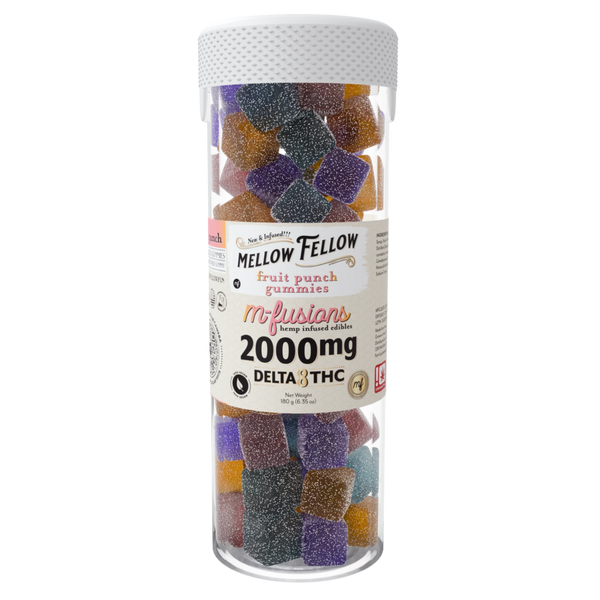
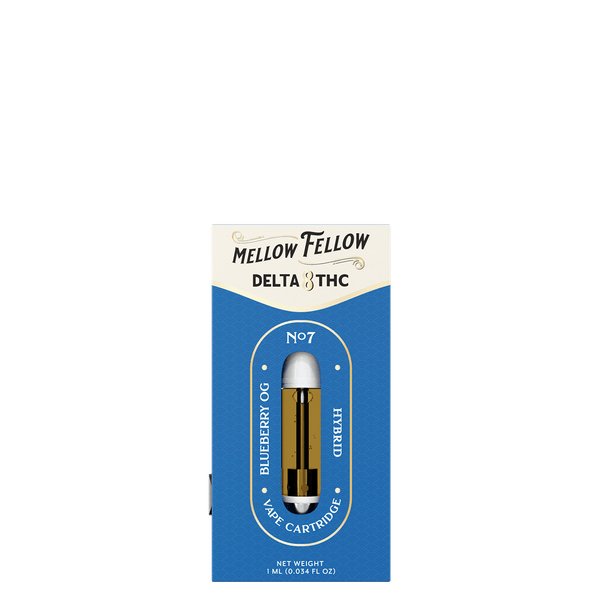
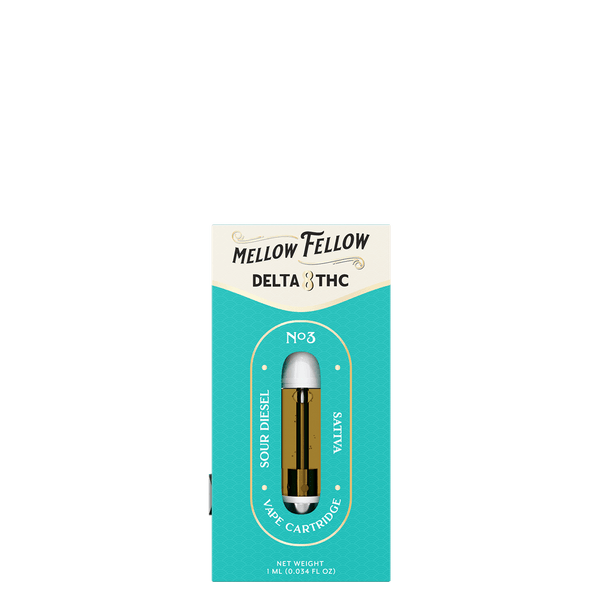
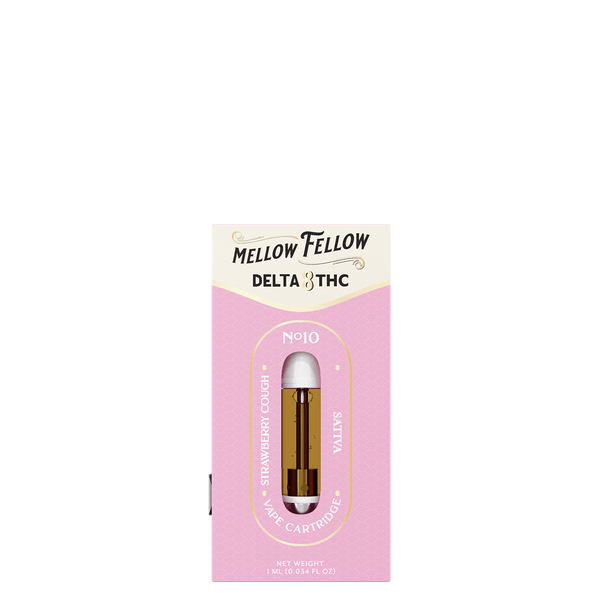
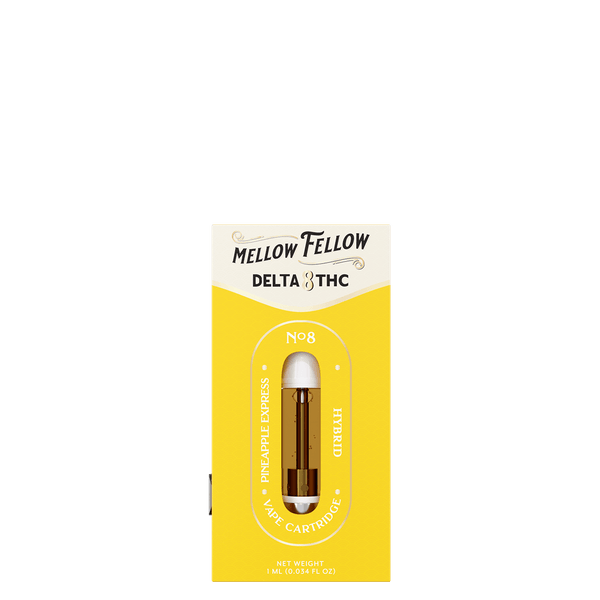
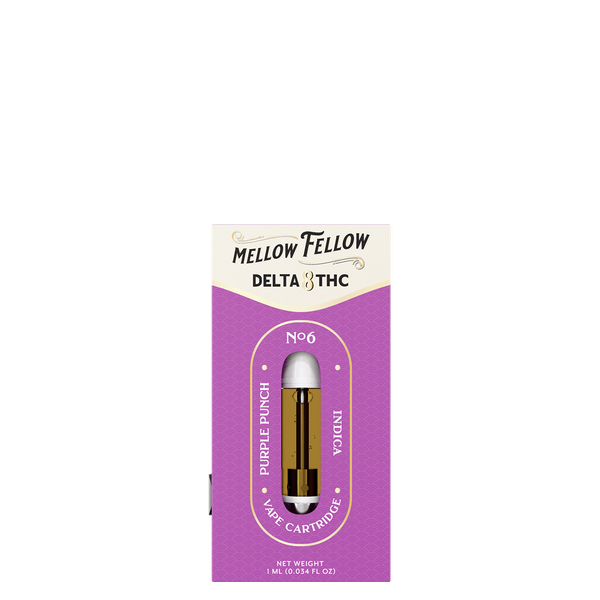










Leave a comment